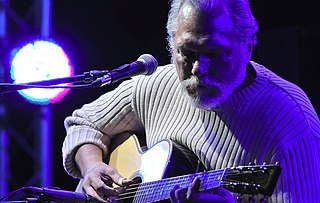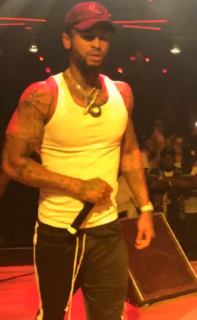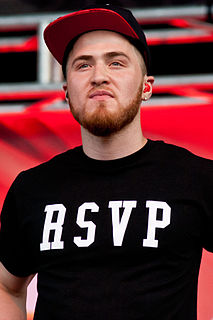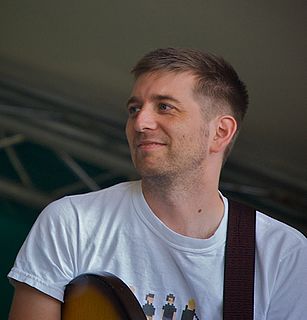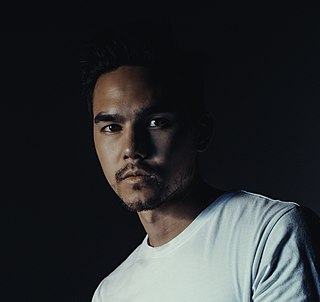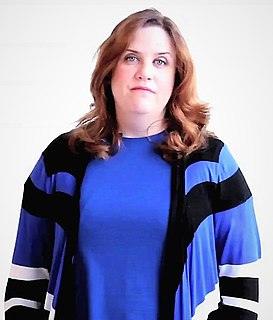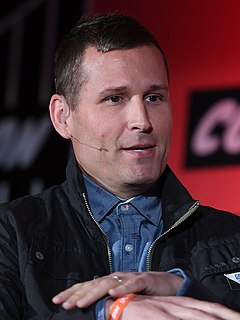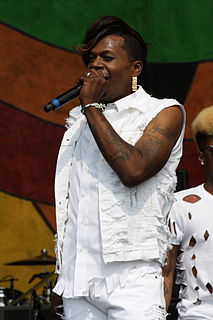A Quote by Lin-Manuel Miranda
I grew up in the time just when cassettes were waning and CDs were growing. And so mix tapes - and not mix CDs - mix tapes were an important part of the friendship and mating rituals of New York adolescents. If you were a girl and I wanted you - to show you I like you, I would make you a 90-minute cassette wherein I would show off my tastes. I would play you a musical theater song next to a hip-hop song next to an oldie next to some pop song you maybe never heard, also subliminally telling you how much I like you with all these songs.
Quote Topics
Also
Cassette
Cassettes
Cds
Friendship
Girl
Grew
Grew Up
Growing
Heard
Hip
Hip-Hop
Hop
How
How Much
I Like You
Important
Important Part
Just
Like
Like You
Make
Mating
Maybe
Minute
Mix
Much
Musical
Musical Theater
Never
New
New York
Next
Off
Part
Play
Pop
Pop Song
Rituals
Show
Show Off
Some
Song
Songs
Tapes
Tastes
Telling
Theater
Time
Up
Wanted
Were
Would
York
Related Quotes
'Boyz-n-the-Hood' was actually supposed to be written for Eazy's group. He had a group out in New York called Home Boys Only, called HBO. One of them looked like LL Cool J. Eazy wanted to write a song for them, a street song, like what we were doing on the mix tapes. So when I wrote it, it was too West Coast for them.
We were on a tour, and there were some chord formations that were tough for me to play when I was a kid...it had become apparent that there was some stuff I wanted to do that [would require me] to learn how to do that. So I wrote the song and used some of these chord formations so I would have to play them. I thought it would be a great teaching vehicle for a while, and it was, but it ended up as a performance song.
Nobody uses skits at all anymore, so it seems like I use a lot. That's how I grew up on tapes. Biggie tapes, Biggie albums would have skits. The Lox would have skits. Mase would have skits. All the dudes I grew up on in Nineties rap would have skits on their projects, just to make you feel like you were right there with them.
More than 30 years ago, in Washington, D.C., I secured a copy of a single by a Los Angeles band called The Bags. The two-song 7-inch, released on Dangerhouse, had a girl on the cover who looked right at you with huge eyes. The songs, 'Survive' and 'Babylonian Gorgon,' were great and made many of my mix tapes.
I would only listen to certain things, like a lot of teenagers do. But the Tragically Hip is a ribbon that's been with me pretty much my entire musical life. Every mix tape I ever made had at least one Hip song on it. Right from the outset I feel like Gord Downie built so much room into his songs. There was so much space in them that he created. He made me think of songwriting as full of boundless possibilities in a way that - well, that a lot of songwriters do, but that was the first time I thought a song could really contain multitudes.



